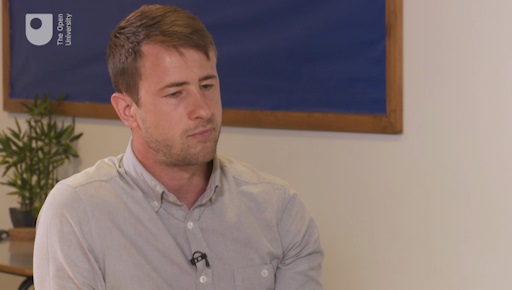3 Starting a career
Another route when you leave school is to move straight into work.
In the next video Karl Digby talks about the factors you should take into account when choosing your career.

Transcript
The decision should involve serious planning. Here’s a checklist of essential considerations.
- What is the long-term career you’re looking to start?
- What training and further study is involved? And is your employer going to pay for this?
- Will the job you’re looking for mean relocating from the family home? If so, are you financially prepared for this?
- Will the job you’re looking for mean a significant commute to work? If so, have you researched and factored in the cost of your travel?
- Have you looked for advice? What advice have you found? Seek advice not only from the careers service at your school or college but also from people who have experience of the work you want or who have worked for the companies you’re applying to.
- Have you prepared a carefully constructed curriculum vitae (CV) to support your job applications? If you’ve had a part-time job already, this will help make your CV attractive to prospective employers. Successfully completing an internship will help too. This is touched on below.
Working through these factors reduces the risk that your job and career choices are leaps in the dark.
Your first move into employment is one that can be reversed. Often, early in working life people change jobs with some frequency until they find the role and career (and employer) they’re comfortable with. Try not to make too many moves, though, as this might not look good on your CV.
It could well be that you start your career by first doing an internship. An internship is usually a short-term period of unpaid work – although employers might cover at least part of your costs of getting to and from work. Doing an internship helps make your CV attractive to prospective employers because it demonstrates a positive attitude towards starting a career. Often, interns find that they’re subsequently hired on a normal working contract by the employer.
Bear in mind that going from school straight into work does not prevent you from applying to go to college or university in the future. Universities do welcome applications from older, ‘mature’ people who bring with them experience of working life. If there’s any likelihood of you aiming to become a mature student do make sure you retain evidence of your pay from work – ideally your annual P60 forms that detail the income earned and tax paid in each financial year. These details will help provide proof of your financial independence from your parents and will, therefore, help you to get financial support in addition to the normal student loans to support you while you study.
